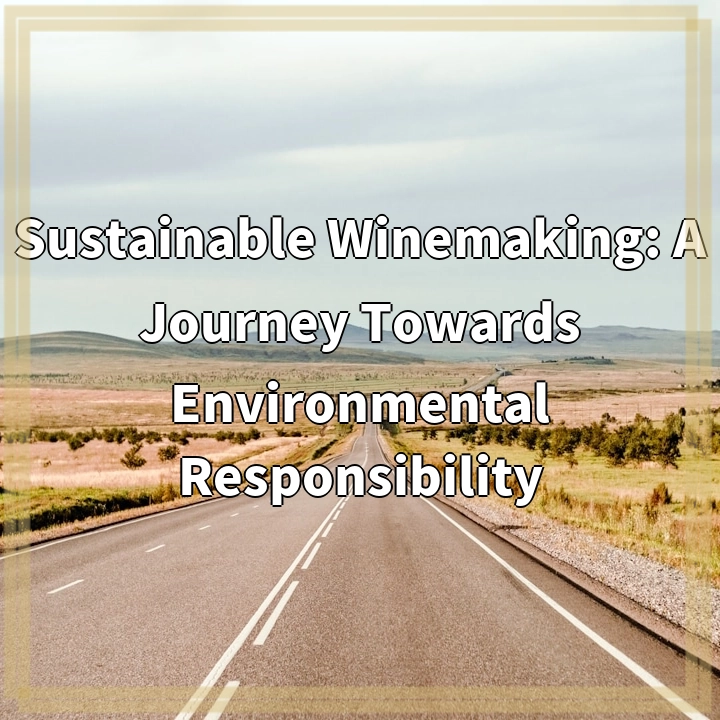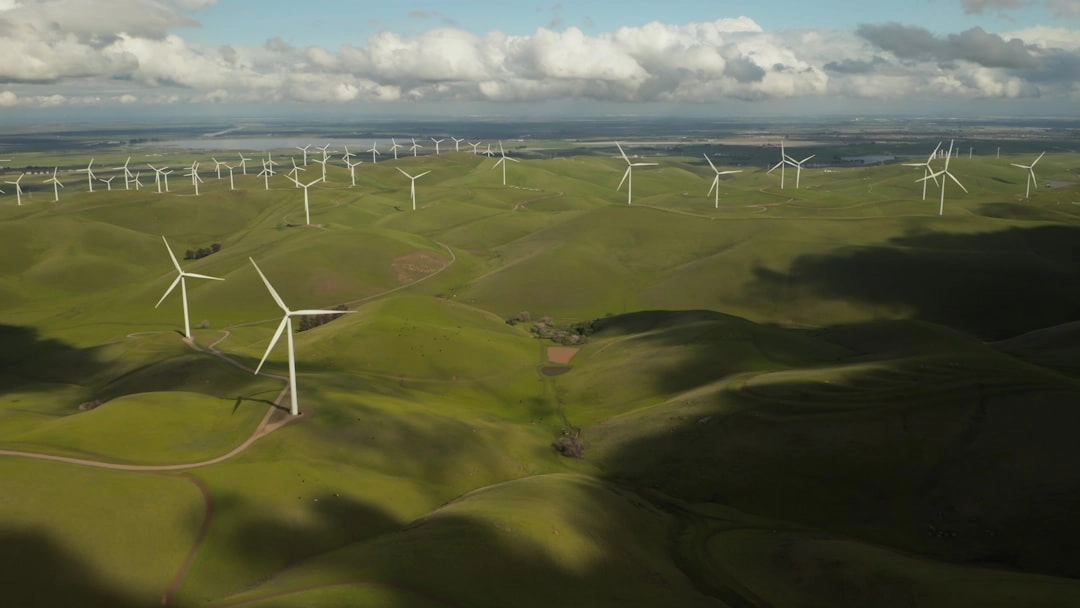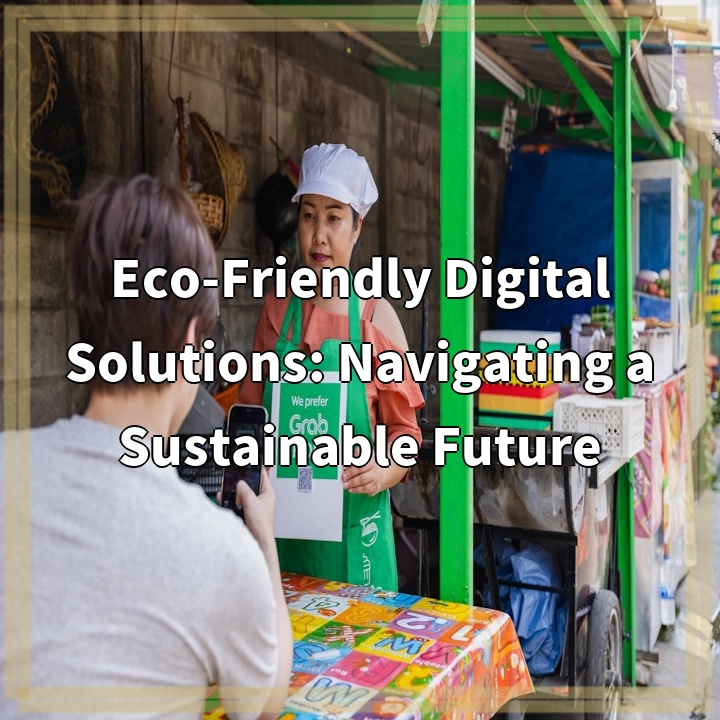
What is Sustainable Winemaking?
Sustainable winemaking is an innovative approach to grape cultivation and wine production that aims to minimize negative environmental impacts while ensuring the long-term viability of the wine industry. It involves implementing practices that are not only environmentally friendly but also socially beneficial and economically feasible.
Real-World Problems Associated with Sustainable Winemaking
1. Climate Change
One of the biggest challenges facing the wine industry is climate change. Rising temperatures, changing weather patterns, and more frequent extreme events pose significant risks to vineyards worldwide. Sustainable winemaking seeks to address these challenges by promoting practices like water conservation, soil management, and biodiversity preservation to mitigate the impacts of climate change.
2. Pesticide Use and Soil Health
Conventional vineyard management often relies on the use of pesticides and herbicides to control pests and weeds. However, these chemicals can have harmful effects on the environment and human health. Sustainable winemaking advocates for the use of organic and biodynamic farming practices that promote natural pest control, soil health, and biodiversity. These practices help to maintain the delicate balance of the vineyard ecosystem, ensuring the longevity and quality of the grapes produced.
3. Water Conservation
The wine industry is a water-intensive sector, and unsustainable water use can deplete local water resources and harm aquatic ecosystems. Sustainable winemaking puts a strong emphasis on water conservation by implementing efficient irrigation systems, using water recycling techniques, and minimizing water waste throughout the winemaking process. These measures not only reduce the vineyard’s environmental impact but also contribute to the long-term availability of clean water.
4. Energy Consumption
Energy consumption in winemaking is a significant contributor to greenhouse gas emissions. Sustainable winemaking aims to reduce energy use and promote the adoption of renewable energy sources such as solar or wind power. Wineries can also invest in energy-efficient technologies and practices, such as LED lighting, optimized cooling systems, and efficient transportation logistics, to minimize their carbon footprint.
5. Waste Management
The wine production process generates various types of waste, including grape pomace, wastewater, and packaging materials. Sustainable winemaking encourages the adoption of recycling and waste reduction strategies, such as composting grape residue, treating and reusing wastewater, and utilizing environmentally friendly packaging materials. By implementing effective waste management practices, wineries can minimize pollution, conserve resources, and contribute to a circular economy.

Solutions for Sustainable Winemaking
Sustainable winemaking offers a range of solutions to address the real-world problems associated with grape cultivation and wine production. By implementing these practices, the wine industry can foster environmental responsibility and long-term sustainability.
1. Climate Change Adaptation
To mitigate the impacts of climate change, wineries can implement strategies such as:
- Implementing water-efficient irrigation systems and drought-resistant grape varieties.
- Adopting cover cropping and soil management techniques to enhance soil structure and water retention.
- Designing vineyard layouts that maximize sun exposure and air circulation to reduce disease risk.
2. Organic and Biodynamic Farming Practices
Promoting organic and biodynamic farming methods can minimize pesticide use and preserve soil health. Key practices include:
- Using natural pest control methods such as beneficial insects and companion planting.
- Building soil fertility through composting, cover cropping, and minimal tilling.
- Preserving biodiversity by maintaining native vegetation and wildlife habitats.
3. Water Conservation Measures
Wineries can adopt water conservation strategies to reduce their water footprint, including:
- Implementing precision irrigation technologies that deliver water directly to the root zone.
- Recycling and reusing winery wastewater for irrigation or other non-potable uses.
- Monitoring soil moisture levels and utilizing weather data to optimize irrigation schedules.
4. Energy Efficiency and Renewable Energy
To minimize energy consumption and switch to renewable sources, wineries can:
- Upgrade winery equipment and systems to more energy-efficient alternatives.
- Install solar panels or wind turbines to generate clean energy on-site.
- Implement energy management systems to monitor and optimize energy use.
5. Waste Reduction and Recycling
Reducing waste and implementing recycling practices can make winemaking more sustainable by:
- Composting grape pomace and other organic waste to enrich soils.
- Treating and reusing winery wastewater for irrigation or non-potable uses.
- Using eco-friendly packaging materials and promoting recycling among consumers.















